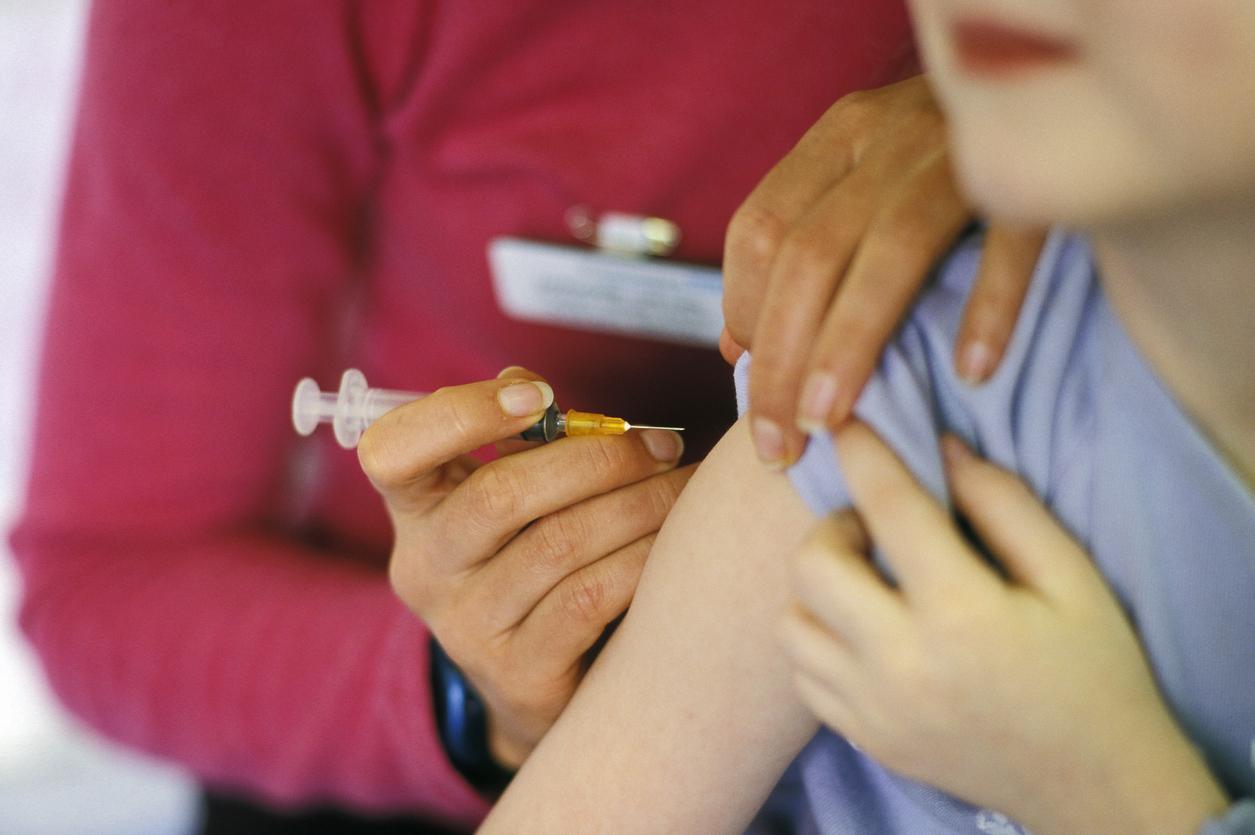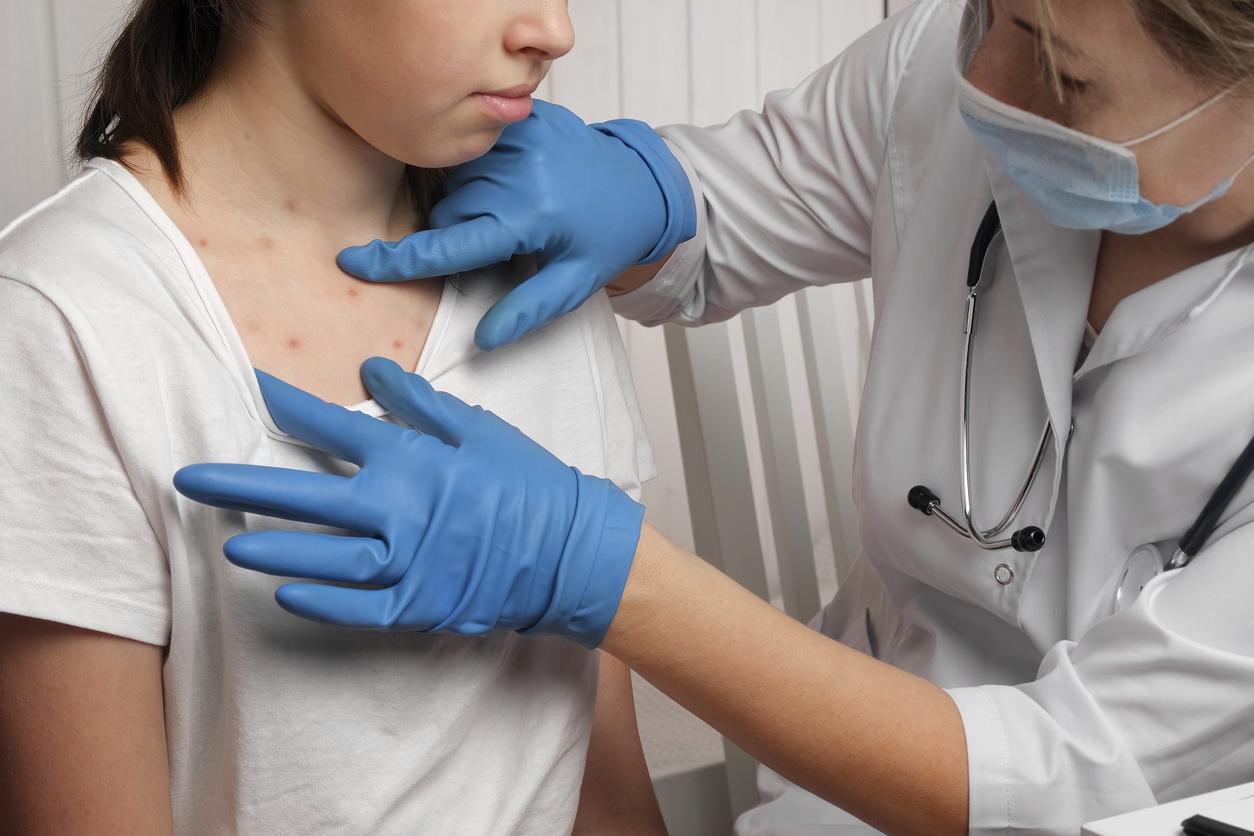
Pfizer-BioNTech, Moderna, AstraZeneca and soon Johnson & Johnson… Among the vaccines authorized in France, some can be responsible for serious forms, explanations.
Since the start of the vaccination campaign on December 27, of the 9 million doses injected in France, nearly 3,162 serious side effects have been identified, according to the latest figures communicated by the National Medicines Safety Agency (ANSM ), in a report released this Friday. Three vaccines are currently available in France: Pfizer / BioNTech, Moderna and AstraZeneca. A fourth is expected to enter the vaccination campaign on April 19. This is the American Johnson & Johnson vaccine. The laboratory is expected to deliver 8 million doses by the end of June, the health ministry said on Wednesday March 31. To date, the National Medicines Safety Agency (ANSM) has recorded nearly 20,265 reports of side effects (serious / non-serious cases) since the start of vaccination, which represents 0.2% of cases. Here is an overview of the efficacy and side effects generated by vaccines.
Pfizer / BioNTech
The German-American vaccine is the first to have received authorization in France. The laboratory recommends two injections to ensure its effectiveness as well as a period between the two injections set from 21 to 28 days, or 3 to 4 weeks. In mid-November, the two laboratories had argued that their serum was 95% effective. In France, Pfizer-BioNTech has met with undeniable success; it is now positioned as the number one vaccine with 8,956,309 doses administered. But contrary to what one might think, this is the serum that has caused the most serious forms. “Based on French pharmacovigilance data validated by the ANSM from December 27, 2020 to March 25, 2021 […], a total of 12,249 cases of adverse effects were analyzed. Regarding the declared cases of death, current data do not allow us to conclude that they are linked to vaccination. These events will continue to be the subject of specific monitoring. Over this new follow-up period, 37 new cases of thromboembolic events were observed for a total of 89 cases “ can we read in the ANSM study.
AstraZeneca
The AstraZeneca vaccine, renamed Vaxzevria, was authorized in France on February 2, 2021. According to data published by the laboratory, it is 76% effective in preventing symptomatic forms of Covid-19. But it is also the vaccine that has experienced a real media torrent since March 15, when the British-Swedish vaccine was suspended for 24 hours in various European countries including France. The vaccine is believed to be responsible for the formation of blood clots, which can sometimes be fatal for those vaccinated. Of the 1,923,000 injections, the National Agency for the Safety of Medicines and Health Products underlines the presence of 7,439 adverse effects, ie 0.38%. According to an EMA official, a link has been established between AstraZeneca and thrombosis.
Moderna
Authorized in France since January 2021, the American vaccine is administered in two doses spaced 28 days apart. According to a study published by the laboratory on November 16, this serum would offer an efficiency of 94.5%. However, it is the least popular vaccine in vaccination centers with only 867,909 injections today. The ANSM counts 577 side effects detected among vaccinated people. Paradoxically and unlike the two previous sera, this is the least dangerous vaccine. Indeed, since January 20, 2021, the ANSM has recorded 354 deaths with Pfizer, 34 people who have been vaccinated with the AstraZeneca vaccine have died and no deaths with Moderna. However, in its synthesis, the National Medicines Safety Agency emphasizes that “Current data do not allow us to conclude [que ces décès] are linked to vaccination ”.

















